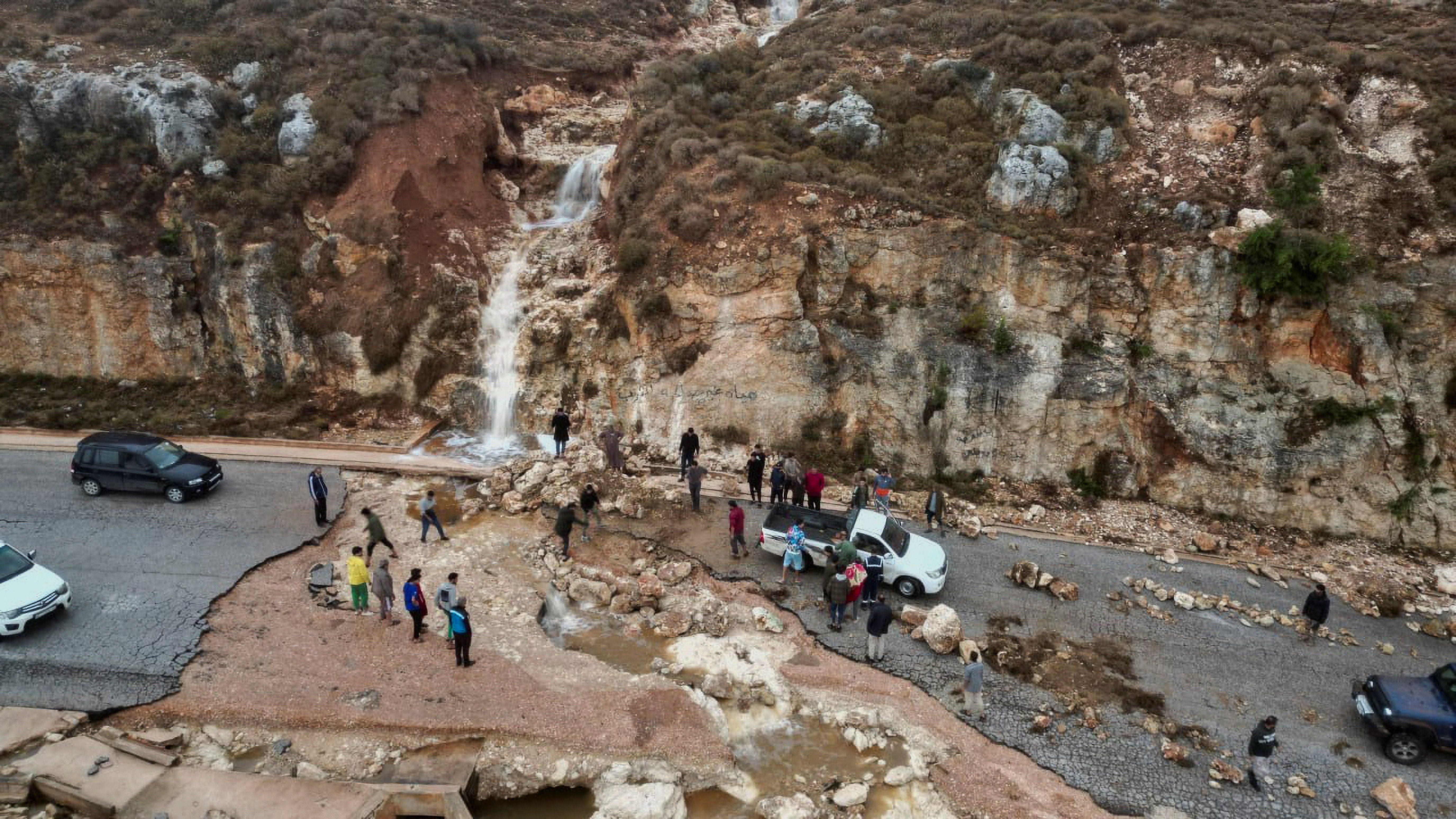Hard Numbers: Libya suffers “catastrophic” flood, Sweden buys guns, US and Google clash in the courtroom, Argentina’s inflation gets “badd”, Cuba nabs Russian recruiters
2,000: Local officials fear more than 2,000 people are dead in the eastern Libyan city of Derna after a storm there caused “catastrophic flooding.” Complicating relief efforts, Libya remains divided between a UN-recognized government in the west and a separate, warlord-controlled administration in the east. See our explainer on Libya’s fractured politics here.
30: Sweden will boost its defense budget by 30% next year in order to bring military spending in line with the NATO requirement of 2% of GDP. The Swedes haven’t officially joined the alliance yet – they’re still waiting on approval from two holdout members, Turkey and Hungary – but both of those countries have said they’ll get the vote done this fall.
20: The US government and Google are set to clash in a Washington, DC, courtroom in the biggest tech industry antitrust case in more than 20 years. The DOJ says Google has abused the power of its search engine to quash competitors and limit consumers’ choice. The company counters that the reason Google has gone from quirky brand name to common verb is that it provides the invaluable service of delivering information swiftly to billions of people daily.
11.8: Argentina’s monthly inflation rate for August is expected to come in at a wallet-draining 11.8%. Argentines are accustomed to big inflation numbers but this stands out: it would be the highest monthly mark since 1991. How long ago was that? Color Me Badd was atop the charts then. Argentina’s economic crisis is fueling the rise of radical anti-establishment presidential candidate Javier Milei, who wants to gut the government and adopt the US dollar. Read more about him here.
17: Remember that Russian plot to recruit Cubans for the war in Ukraine we told you about last week? Cuba has since arrested 17 people as part of the operation. Here are some pictures allegedly showing Cubans suited up for battle in Russia/Ukraine.
